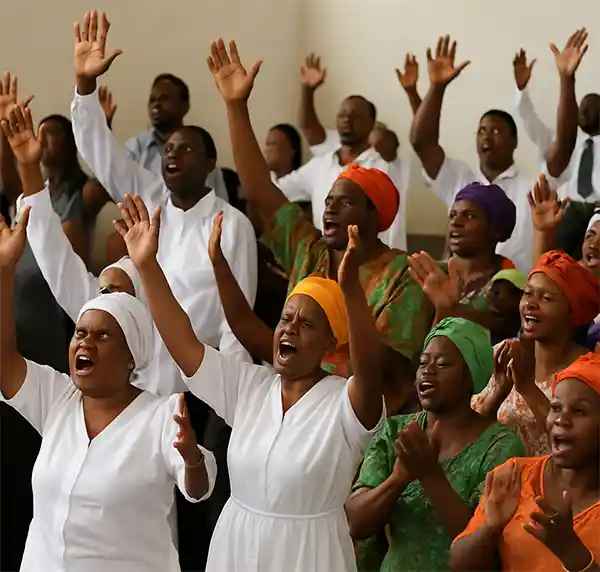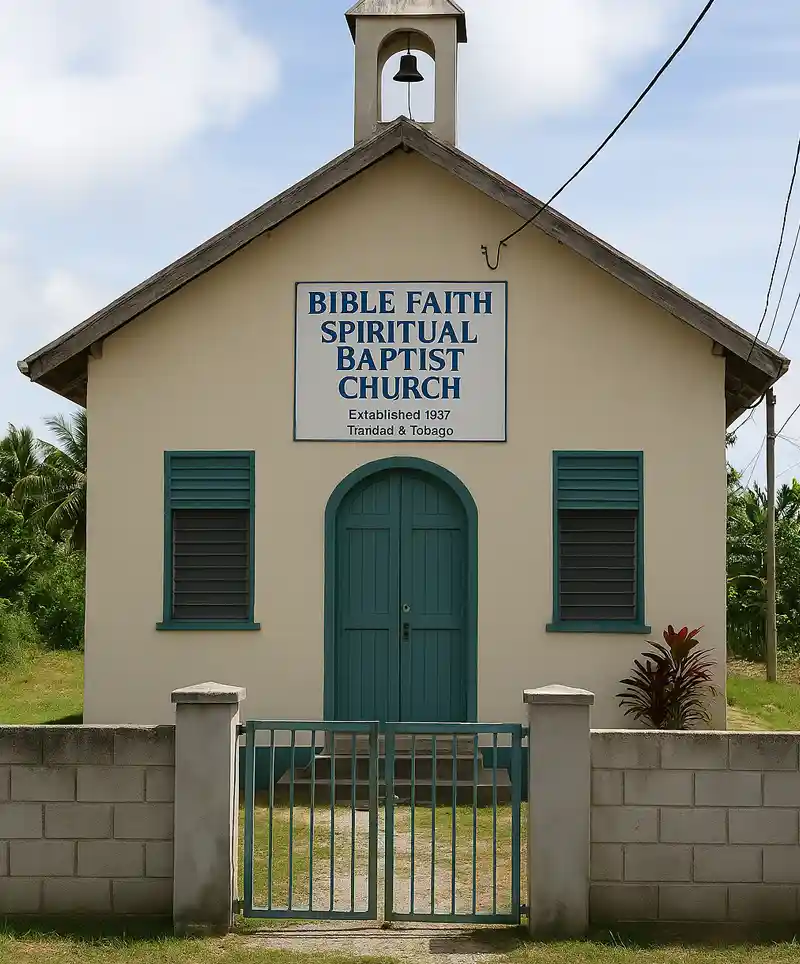A Joyful Noise with Deep Roots
Every March 30, the twin-island nation of Trinidad and Tobago rings with songs, praise, vibrant robes, and the echo of bells and drums. It’s not a parade, and it’s not a street party—though it is joyful. It’s Spiritual Baptist Day, a national holiday that celebrates a religion born from resistance, resilience, and the unshakable belief that spirituality doesn’t need a steeple to soar.
What Is Spiritual Baptist Day All About?
Let’s clear something up from the start: Spiritual Baptist is not the name of a gospel band (though we'd absolutely buy that album). It’s an Afro-Caribbean faith tradition that blends elements of Protestant Christianity with African rituals, symbolism, and musical forms. Sometimes referred to as “Shouter Baptist,” this faith is loud, proud, and rhythmic in its worship—hence the “shouting.”
Spiritual Baptist Day, celebrated only in Trinidad and Tobago, marks the anniversary of a very important event: the repeal of the 1917 Shouter Prohibition Ordinance. That’s right—there was once a law that banned an entire religion because it was considered too noisy, too different, and far too resistant to colonial expectations of what “proper” worship should look like.
The law was finally repealed in 1951, and after decades of advocacy, March 30 was officially declared a public holiday in 1996. That makes this one of the newer national observances, but its roots are deep—and its message is powerful: Freedom of worship is worth fighting for.
Faith in the Face of Oppression
The Spiritual Baptist religion emerged in the late 19th century among formerly enslaved Africans and their descendants in Trinidad and Tobago, St. Vincent, Grenada, and other Caribbean islands. Blending African spiritual practices with Christian doctrine, the religion gave people a sense of identity and healing in the wake of slavery and colonial rule.
But colonial authorities didn’t like what they couldn’t control—and the shouting, drumming, and spirit possession of Baptist worship didn't fit into their tea-sipping vision of Sunday morning. So, in 1917, they passed the Shouter Prohibition Ordinance, effectively outlawing the faith.
Yes, you read that right. A religion was criminalized because it was spiritually expressive and culturally rooted in Africa. Worshippers were fined, imprisoned, and sometimes beaten simply for praying too passionately. Imagine being arrested for being too enthusiastic about God. Wild, right?
 Worship - What Makes It Unique?
Worship - What Makes It Unique?
Don't expect pews and PowerPoint slides if you walk into a Spiritual Baptist service. Expect ringing bells, beating drums, spontaneous singing, and a whole lot of spirit-filled movement. Worshippers may wear white robes, colorful headwraps, and sashes. There’s often dancing, hand-clapping, and something called “mourning”—a deep spiritual retreat that includes prayer, fasting, visions, and singing.
It’s not just about noise. It’s about connection—to ancestors, community, and the Divine. It’s the kind of worship where no one’s checking their watch, and everyone’s soul is getting a workout.
And yes, you will be offered some bush tea or sweet bread afterward. That's just how love shows up in Caribbean faith.
Ways to Observe (Whether You’re a Member or Just Curious)
You don’t have to be a card-carrying member of the Spiritual Baptist faith to appreciate the richness of this day—or to take part in it with respect and curiosity. Whether you're deeply rooted in the tradition or just spiritually browsing with an open heart, there are plenty of ways to observe Spiritual Baptist Day. From joining the joyful noise to simply learning about the culture behind it, here are a few meaningful (and maybe even soul-stirring) ways to honor the occasion.
Attend a service
If you’re in Trinidad and Tobago—or St. Vincent, where the faith is also strong—attending a service is the best way to experience the joy and power of the faith firsthand.
Watch a documentary or read up: Learn about figures like Archbishop Barbara Gray-Burke, who championed the holiday, or delve into the cultural connections between African spirituality and Caribbean religious practice.
Support cultural preservation: Museums, oral history projects, and local faith communities often rely on support to keep their stories alive. Whether that means donations, volunteering, or simply listening—every bit helps.
Light a candle and reflect: Even if you’re far from the Caribbean, light a candle in honor of spiritual freedom. Consider the power of being able to worship how you choose—and the people who had to fight for that right.
Trinidad and Tobago is currently the only nation in the world that has declared a national holiday for the Spiritual Baptist faith. That’s no small feat in a world where many indigenous and African-descended religions are still misunderstood—or worse, erased.
The fact that this day is recognized at the national level is a big, bold "we see you" to generations of people who refused to be silenced.
Loud and Liberated
Spiritual Baptist Day isn’t just about bells and robes—it’s about the sacred noise that comes from reclaiming your faith, your culture, and your right to shout hallelujah from the rooftops. It’s about honoring ancestors who prayed even when it was illegal and celebrating a community that turned oppression into expression.
So whether you celebrate by joining a service, reading up on Caribbean religious history, or simply taking a moment to appreciate spiritual freedom, just make sure you do it loudly, proudly, and maybe with a tambourine in hand.
Because if history teaches us anything, it’s this: sometimes, the most powerful form of worship… is not being quiet about it.
Please Share our Content






 Worship - What Makes It Unique?
Worship - What Makes It Unique?








 "Sláinte!" is a traditional Irish expression used as a toast, equivalent to "Cheers!" in English.
"Sláinte!" is a traditional Irish expression used as a toast, equivalent to "Cheers!" in English.